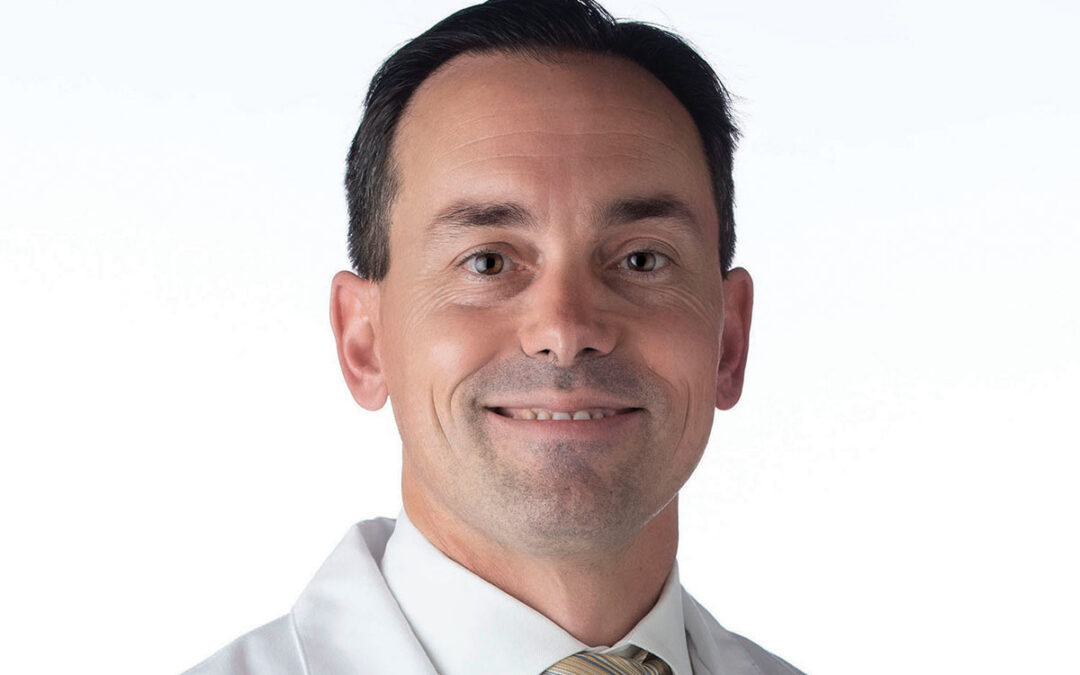Be Well Texas Provides Clinic Services For Addiction Treatment Without Barriers
By Paul J. Watkins
Jennifer Papac, M.D.
Clinical Assistant Professor, Associate Medical Director, Be Well Texas Clinic Department of Psychiatry & Behavioral Sciences, UT Health San Antonio.
October 1st marked the launch of the Be Well Texas Clinic, a new program offered through Be Well Texas. With a partnership with The University of Texas Health Science Center San Antonio, Be Well Texas Clinic provides evidence-based, outpatient treatment services in the form of medication management and therapy services to individuals struggling with addiction to alcohol, opioids, stimulants, and nicotine.
Karla Ramirez, LCSW, MSSW, MSHA, associate director of Be Well Texas, says the new program ensures anyone can receive treatment. “We believe that people should have high-quality treatment available close to home regardless of their ability to pay. We want to eliminate the barriers to treatment.”
Be Well Texas Clinic staff include two board-certified physicians and one nurse practitioner, all of whom are experienced in evaluating and treating patients with substance addiction, also known as “substance use disorder.”
“Substance use disorder is a treatable chronic medical condition that involves the interaction between an individual’s mind, family history or their genetics, and their environmental experiences,” says Dr. Jennifer Papac, clinical assistant professor and the associate medical director of the Be Well Texas Clinic.
Dr. Papac explains that the ways women experience substance use disorders can differ from men, particularly with alcohol. “Women are thought to use less alcohol and to have lower rates of alcohol addiction. Women also tend to have higher rates of remission, a period of time when they stop using the substance. Unfortunately, the gender gap for alcohol use disorder has been closing over the last two years, meaning the rate of alcohol addiction in women is approaching the rate for men.
“For women, a mental health diagnosis like anxiety or depression tends to occur prior to identifying a substance use disorder,” Dr. Papac continues. “It becomes really important to pick up on signs of mental health conditions so that we can potentially reduce the progression of – or even prevent the development of – substance use disorders in women.
“Also, women are more likely to experience trauma and PTSD. There is a strong correlation between trauma abuse history and substance use disorder. For this reason, we want to concurrently treat the trauma symptoms and the substance use.”
Ramirez notes that the health care professionals at the Be Well Texas Clinic want substance use disorders to be seen as just another type of chronic medical condition. “We fight the stigma associated with it through our direct services in the clinic and through our indirect services, which involve telementoring and education to providers. We’re hoping to change the landscape for substance use disorder in Texas and help these patients in need.”
Be Well Texas Clinic offers virtual and in-person visits with both physicians and nurse practitioners, as well as counselors and case managers. This distinguishes the clinic within the addiction treatment community and allows the staff to reach both people in San Antonio and those living in surrounding communities.
“The Be Well Texas Clinic is open, and we’re available to see patients,” concludes Dr. Papac. “We’re really excited to be offering our services to the community.”
For more information, please visit www.BeWellTexasClinic.org.











Please send me some info. Thank you